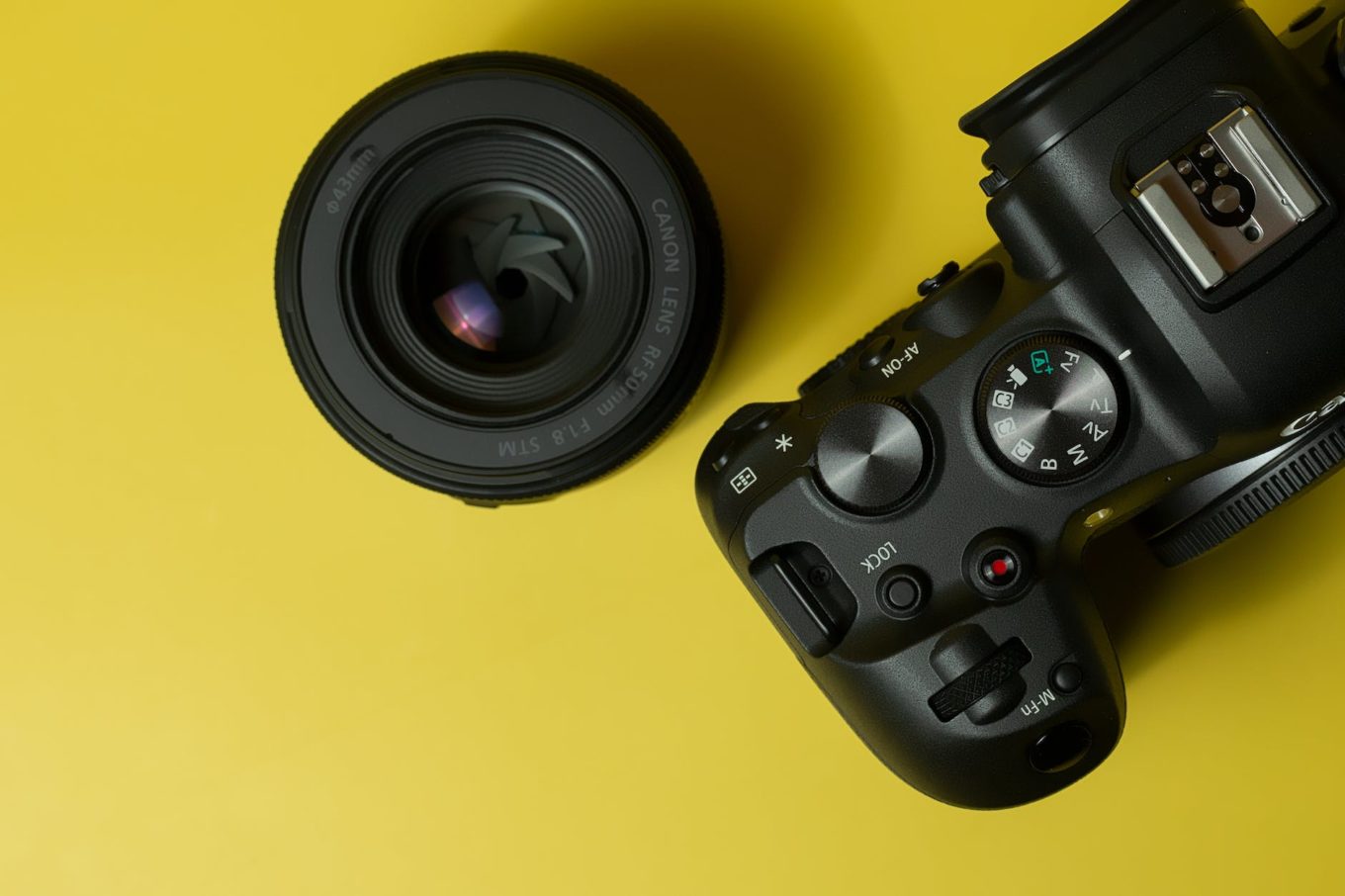Full frame digital cameras and APS-C cameras are two of the main types of digital cameras available on the market today. While both types of cameras offer great image quality and a range of features, they differ in a few key ways that can impact your decision about which one to buy.
First, let’s define the terms:
- Full frame digital cameras: These cameras have sensors that are the same size as a frame of 35mm film, which is approximately 36mm x 24mm. This is considered to be the “gold standard” in terms of sensor size, as it allows for larger pixels and more light-gathering ability, resulting in better image quality. Full frame cameras are typically more expensive than APS-C cameras.
- APS-C cameras: These cameras have sensors that are smaller than full frame sensors, measuring approximately 22.5mm x 15mm. APS-C sensors are smaller and therefore have smaller pixels, which can result in slightly lower image quality compared to full frame sensors. However, APS-C cameras are often more affordable than full frame cameras and can still produce excellent image quality.
So, which type of camera is right for you? Here are a few factors to consider:
- Image quality: If image quality is your top priority, then a full frame camera is probably the way to go. Full frame sensors are generally considered to offer the best image quality, with larger pixels and more light-gathering ability. However, APS-C cameras can still produce excellent image quality, especially if you’re shooting in good lighting conditions.
- Lens compatibility: Full frame cameras are designed to work with full frame lenses, which are typically larger and more expensive than APS-C lenses. If you already have a collection of APS-C lenses, then an APS-C camera may be the better choice for you.
- Budget: Full frame cameras tend to be more expensive than APS-C cameras, so if budget is a concern, then an APS-C camera may be the better choice.
- Size and weight: Full frame cameras are typically larger and heavier than APS-C cameras, so if you’re looking for a compact, lightweight camera, then an APS-C camera may be the better choice.
Here are some of the main pros and cons of full frame and APS-C cameras:
Pros of full frame cameras:
- Better image quality: Full frame sensors are generally considered to offer the best image quality, with larger pixels and more light-gathering ability.
- Better low light performance: Full frame sensors have larger pixels, which allows them to gather more light and produce better results in low light conditions.
- Wide dynamic range: Full frame sensors generally have a wider dynamic range, which means they can capture a greater range of tones and colors in a single image.
Cons of full frame cameras:
- Higher price point: Full frame cameras tend to be more expensive than APS-C cameras.
- Larger size and weight: Full frame cameras are typically larger and heavier than APS-C cameras, which can be a drawback for photographers who value portability.
- Limited lens compatibility: Full frame cameras are designed to work with full frame lenses, which are typically larger and more expensive than APS-C lenses.
Pros of APS-C cameras:
- More affordable: APS-C cameras tend to be more affordable than full frame cameras, making them a good option for photographers on a budget.
- Compact size and lightweight design: APS-C cameras are typically smaller and lighter than full frame cameras, making them a good choice for photographers who value portability.
- Wide range of lenses available: APS-C cameras are designed to work with APS-C lenses, which are typically smaller and more affordable than full frame lenses.
Cons of APS-C cameras:
- Lower image quality: APS-C sensors are smaller than full frame sensors, which means they have smaller pixels and may produce slightly lower image quality compared to full frame sensors.
- Limited low light performance: APS-C sensors have smaller pixels, which means they may not perform as well in low light conditions compared to full frame sensors.
- Narrower dynamic range: APS-C sensors generally have a narrower dynamic range compared to full frame sensors, which means they may not be able to capture as wide a range of tones and colors in a single image.
Ultimately, the decision about which type of camera to buy will depend on your specific needs and priorities. Consider your intended use for the camera, as well as your budget and any other factors that are important to you, to help you make the best decision for your needs.

